CRIME GENRE
1/30
Earn XP
Description and Tags
Name | Mastery | Learn | Test | Matching | Spaced |
|---|
No study sessions yet.
31 Terms
detective
a person who investigates crimes and gathers information
femme fatale
an attractive and seductive woman, especially one who will ultimately bring disaster to a man who becomes involved with her
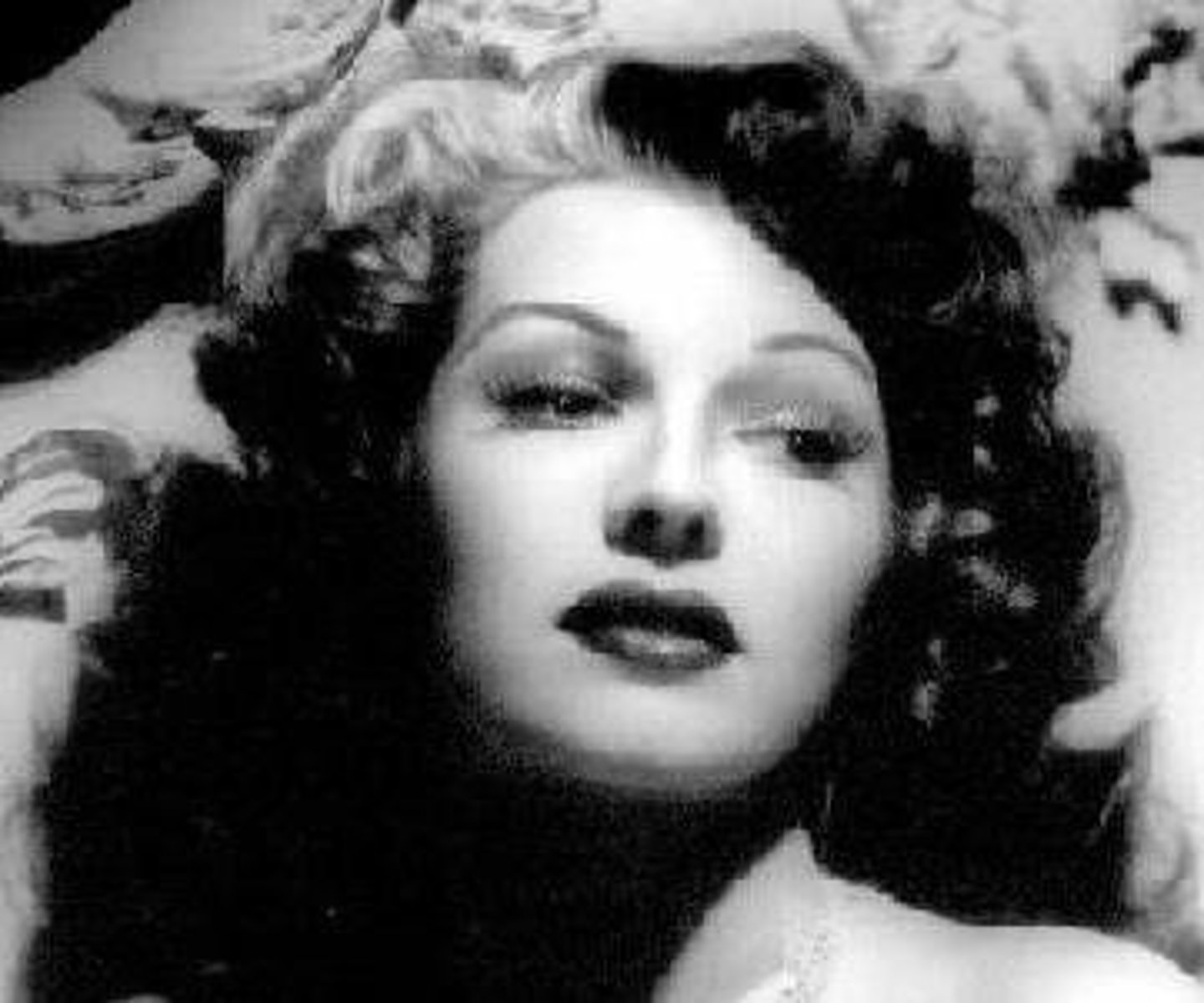
suspect
Person thought to be capable of committing a crime.
maverick
rebel; nonconformist

outsider
a person who is not part of a group

assistant
helper character
accomplice
a person who helps another commit a crime
victim
a person harmed, injured, or killed as a result of a crime, accident, or other event or action.
informants
The police rely on a wide web of ________ to assist them in revealing details about crimes / criminal suspects

nemesis
someone or something a person cannot conquer or achieve; a hated enemy (Henry Madsen / Alice Morgan)
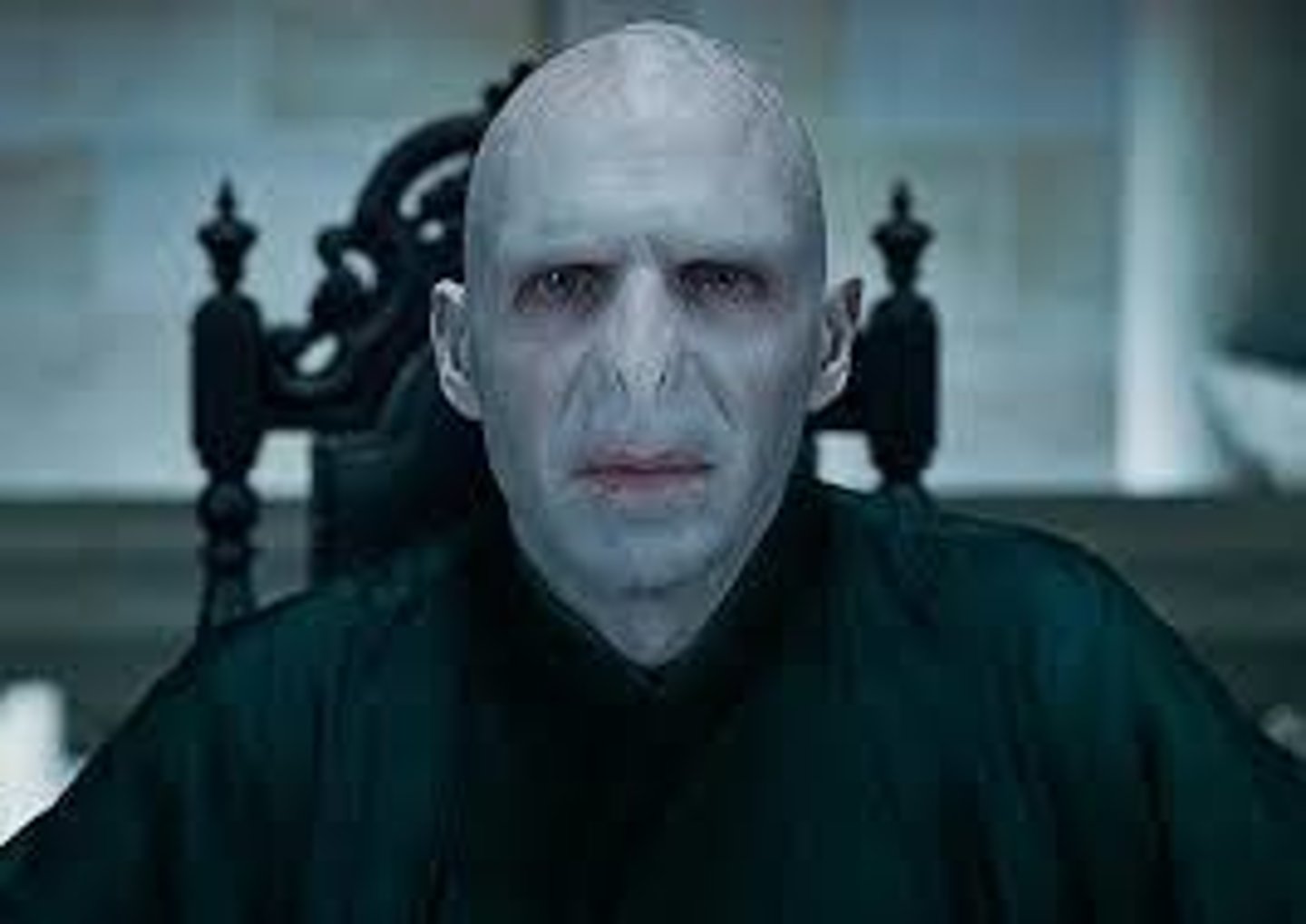
anti-hero
a protagonist who has the opposite of most of the traditional attributes of a hero.

sociopath
a person with a personality disorder manifesting itself in extreme antisocial attitudes and behavior and a lack of conscience = a s______________
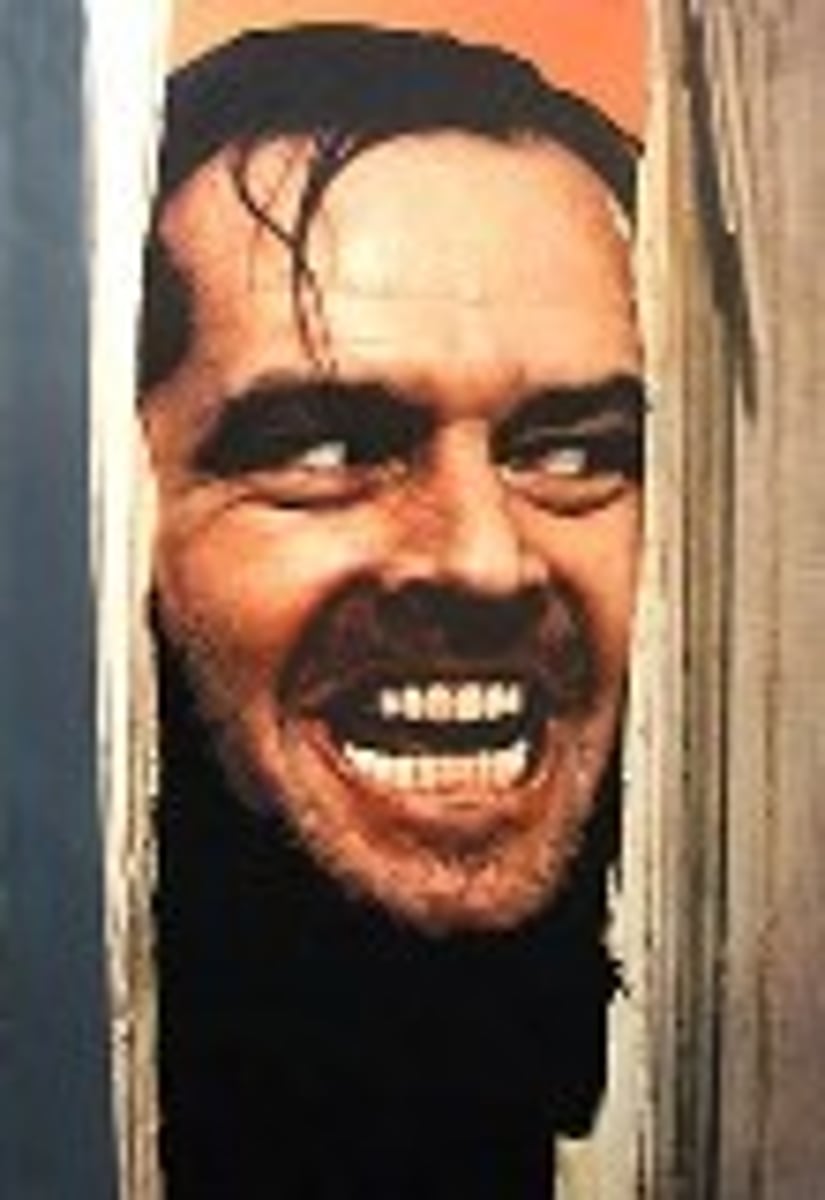
protocol
procedure; code of behavior (in the police)

conventional
A word for 'normal', 'typical'
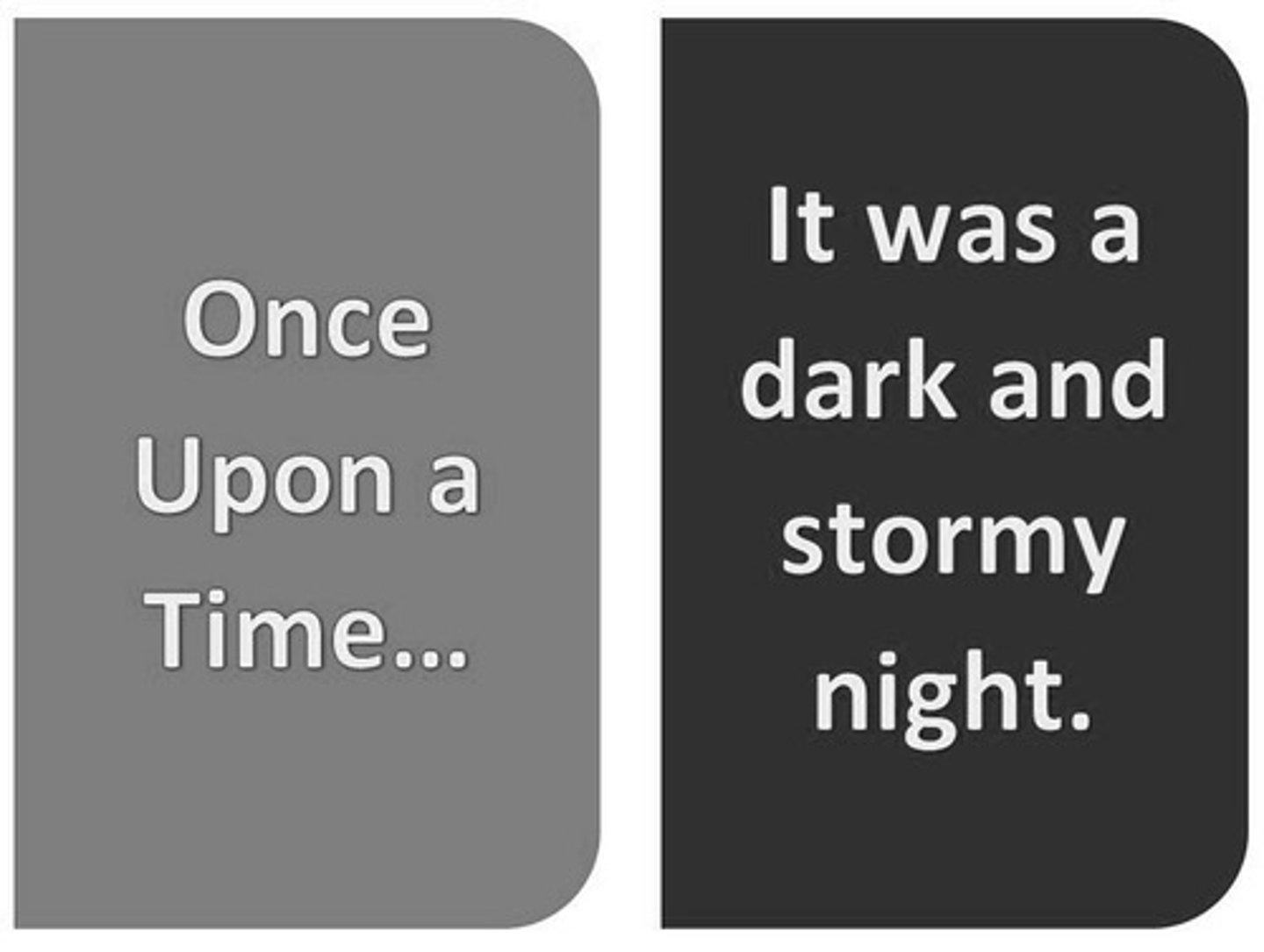
psychological
of, affecting, or arising in the mind; related to the mental and emotional state of a person.
stereotype
A generalised belief (e.g. that all French people do one thing)
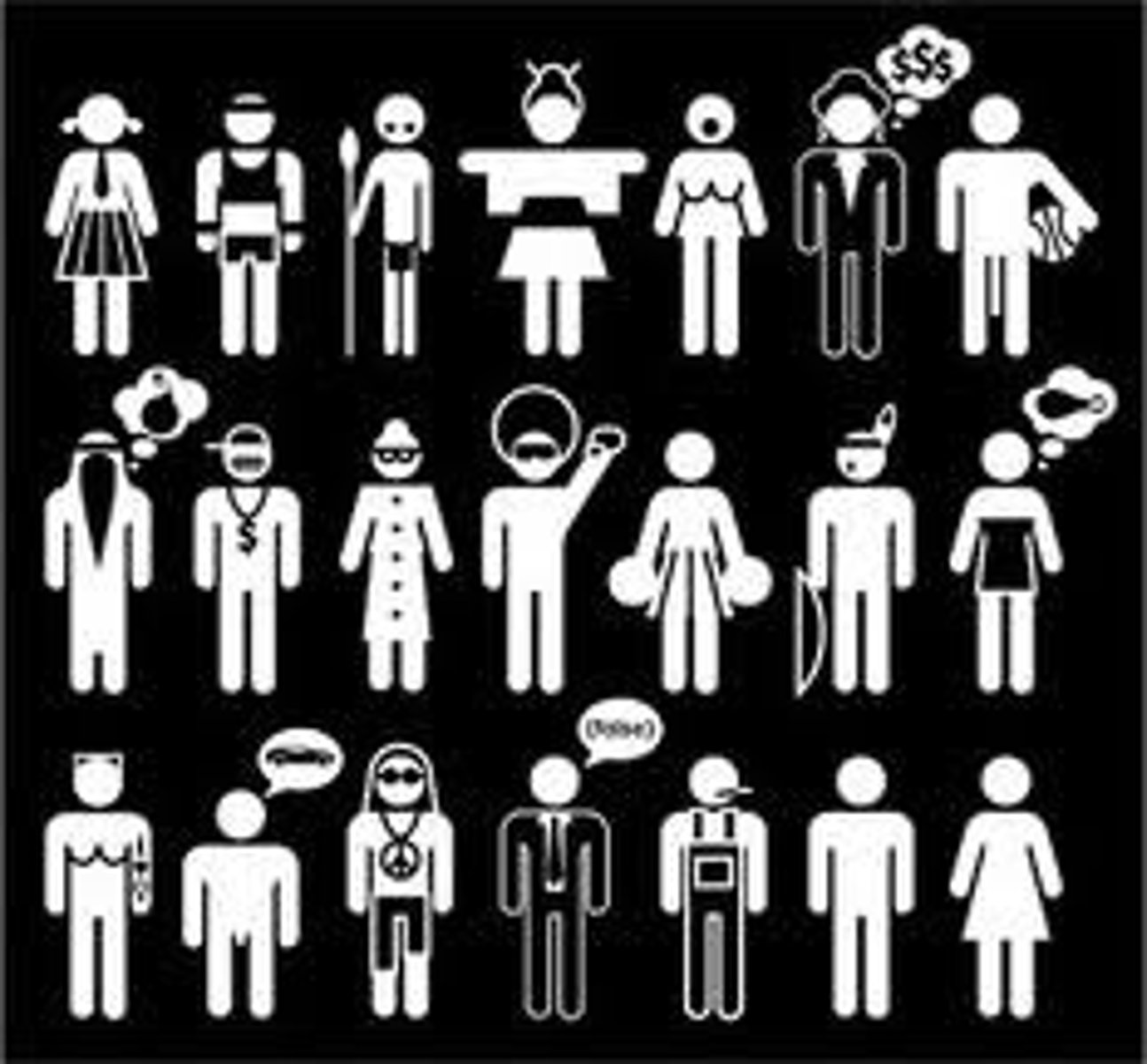
alibi
a claim or piece of evidence that one was elsewhere when an act, typically a criminal one, is alleged to have taken place.
denouement
the final part of a play, movie, or narrative in which the strands of the plot are drawn together and matters are explained or resolved.
blur
Detective crime dramas often _______ the lines between the professional and private lives of the protagonist.

extortion
to blackmail
Red Herring
something that draws attention away from the main issue
Arm Chair Detective
The term used for a fictional investigator who does not personally visit a crime scene or interview witnesses; instead, he or she either reads the story of the crime in a newspaper or has it recounted by another person
violence
One area in which the show was shocking was in how it depicted the ______ often used by police in confrontation with criminals.
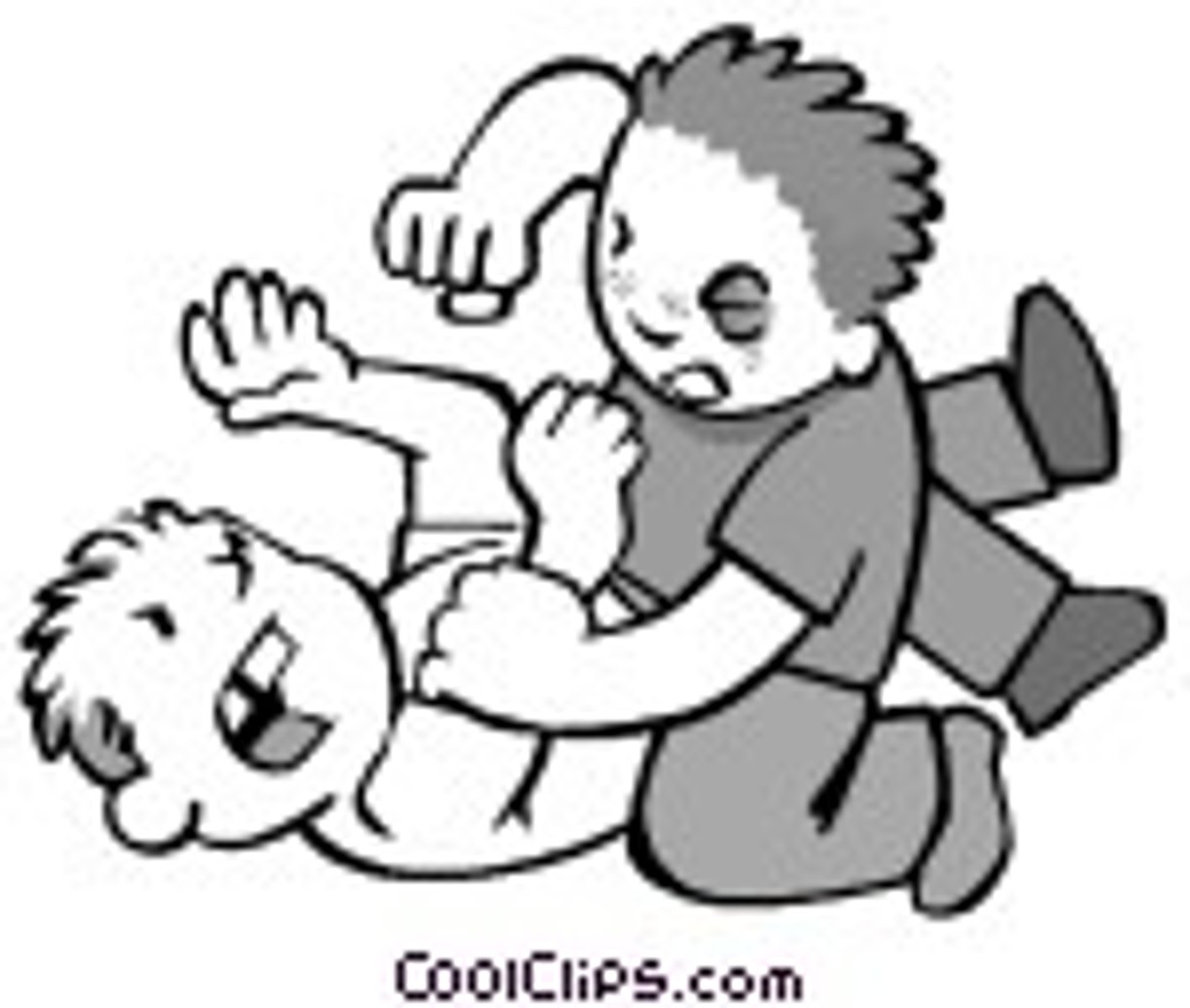
closed circle of suspects
When there is a limited number of known suspects, each with credible means, motive, and opportunity, for committing the crime that is being investigated. The detective has to solve the crime, figuring out the criminal from this pool (circle) of suspects, rather than searching for a totally unknown perpetrator. This is a common convention of Country House mysteries.
Metropolitan Police
Police force responsible for law enforcement in Greater London

Police Procedural
A sub-genre of the Crime genre - a mystery story written from the point of view of the police investigating the crime.
Country House or Cosy Mystery
A sub-genre of the Crime genre - This type of mystery most often occurs at a remote location during a weekend party (what better way to involve multiple suspects?). Sex and violence occur off stage. Quite often, the detective returns to unmask the criminal in front of a pre-assembled audience. The detective is often an amateur sleuth.
Hard-boiled mystery
A sub-genre of the Crime genre - a detective story featuring a tough, unsentimental detective who has a matter-of-fact attitude toward violence
Spy Thriller
A sub-genre of the Crime genre - involves espionage as a major plot, main character lives a dangerous life, a credible protagonist and antagonist, often involves futuristic tech elements
Legal Thriller
A sub-genre of the Crime genre - This type of mystery involves crusading lawyers who become involved in proving the innocence of their clients and along the way, actually solve the crime and identify the guilty perpetrators.
Nordic Noir
A sub-genre of the Crime genre - crime fiction written in Scandinavia with certain common characteristics, typically in a realistic style with a dark, morally complex mood and social criticism